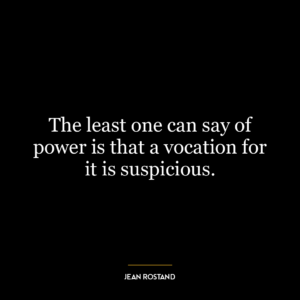This quote suggests that Western societies often fail to recognize the potency of collective hatred, which can be a potent force capable of shaping societies, politics, and history. Collective hatred refers to the shared negative feelings or animosity by a group towards another group, which can be based on race, religion, nationality, or any other divisive factor. This collective sentiment can be a powerful motivator for action, even leading to extreme events like war or genocide.
The quote implies that Western societies, often characterized by individualistic values, may not fully grasp the extent to which such collective emotions can drive actions and decisions. They may underestimate the impact of these sentiments, focusing instead on rational, economic or political factors.
In today’s world, we can see this idea reflected in various global conflicts and issues. For instance, the rise of nationalist movements, racial tension, religious conflicts, or xenophobia are all driven by collective sentiments, often hatred, towards a particular group. These movements can lead to significant social, political, and even economic changes, demonstrating the power of collective hatred.
As for personal development, this quote can serve as a reminder of the influence of group dynamics and collective emotions. While individual perspectives and emotions are important, we must also be aware of the collective sentiments that surround us. These collective emotions can greatly influence our thoughts, actions, and decisions, often without us even realizing it. Being aware of this can help us better navigate our social environments and make more informed decisions. Furthermore, understanding the power of collective hatred can also help us to actively work against it, promoting empathy, understanding, and unity instead.






